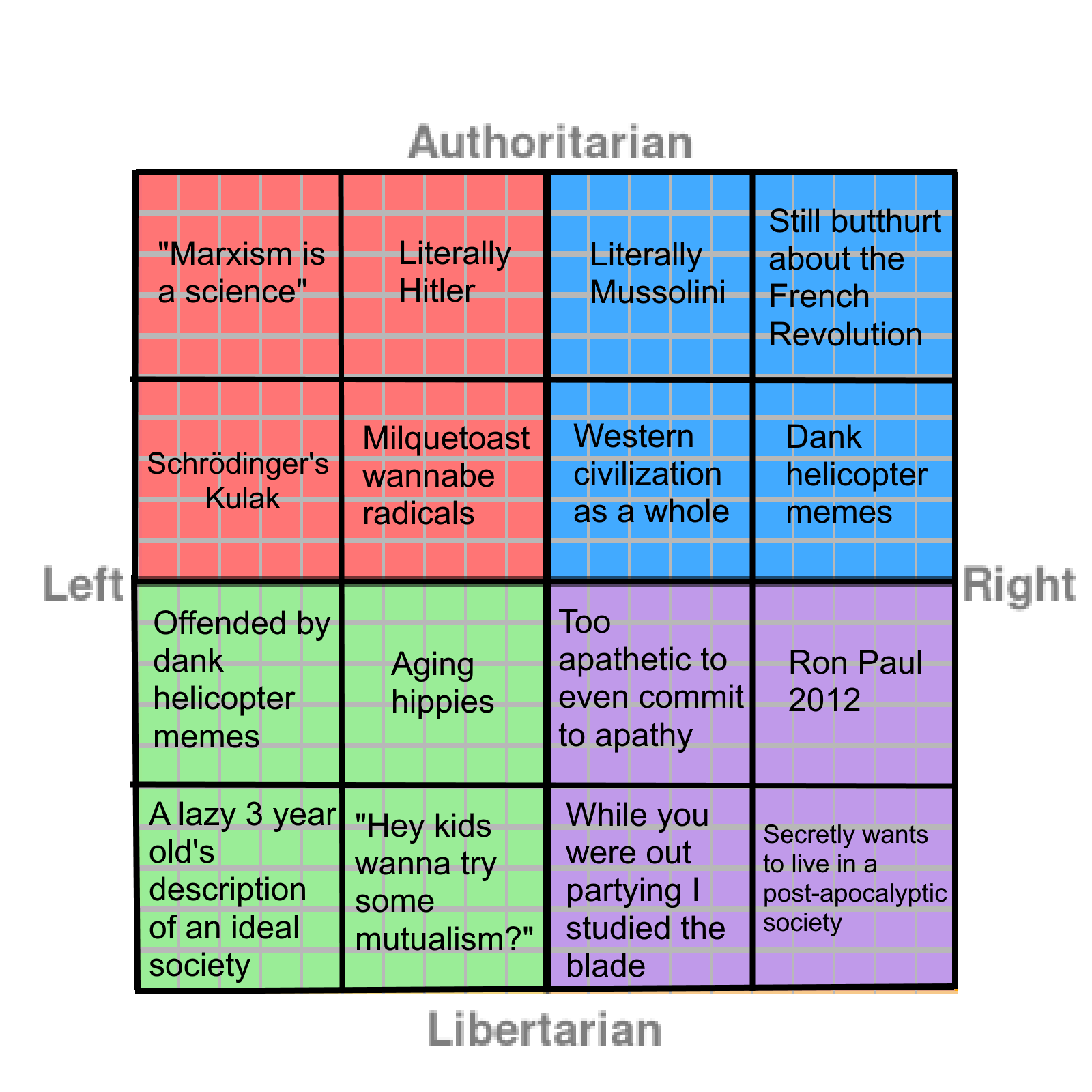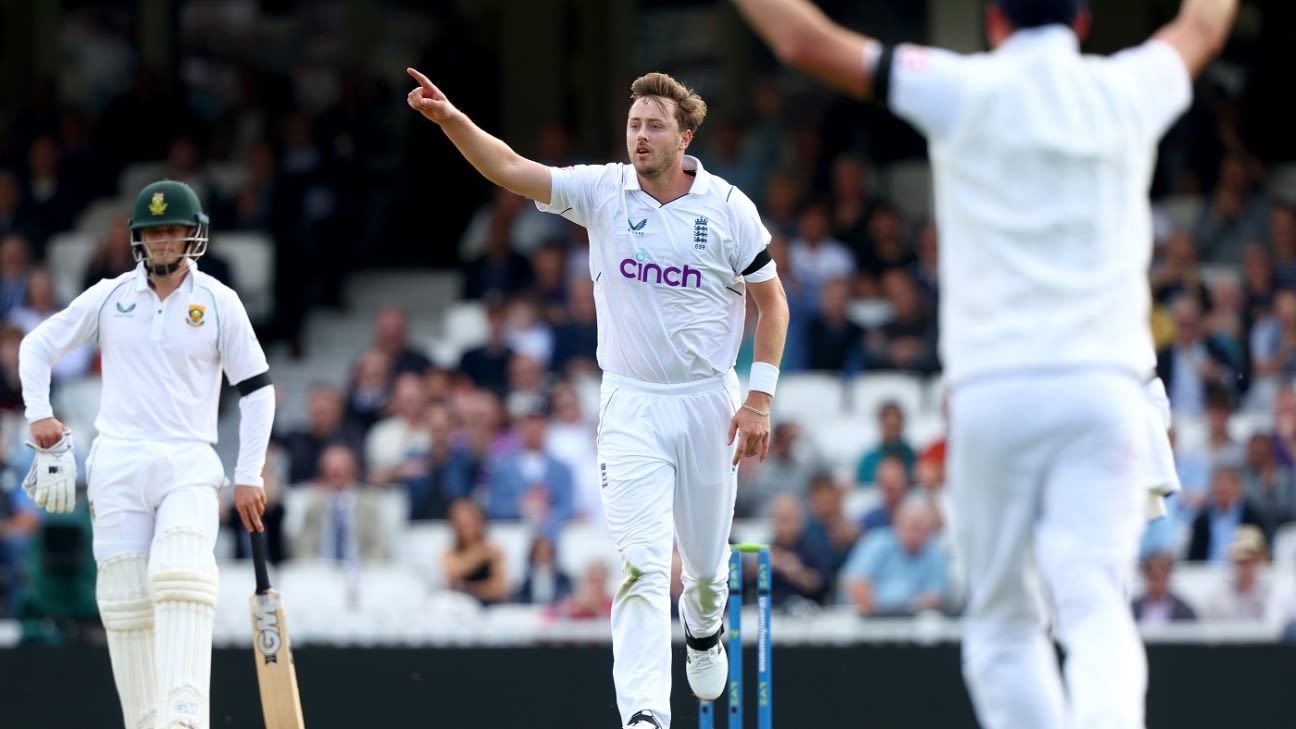
“It is time,” we explained, “that Washington State had a foreign policy.” To the inquiry “What is his record?”, we replied “Two arrests, no convictions.” Our platform called for ceding all of eastern Washington to Idaho, and if they refused, invading to force them to take it. Harding bandstand behind the great ape house at the zoo.Īt our one press conference, we insisted that our hitherto unknown candidate was running on his record. Harding Republican, and we held a campaign rally at the Warren G. We asserted that Richard Greene was a Warren G. Greene, never set foot in our state during the campaign, in order, we explained, “to avoid injecting personalities, such as his own, into the political process”. We campaigned under the slogan of “Lawn Order”, and promised that we would “Commission the land gently but firmly.” Our candidate, Richard A.C. I forbore to take the test, having long ago helped concoct the campaign of a Republican candidate for Washington State Commissioner of Public Land. The Archie Bunkers began siding with the GOP, then became the “Reagan Democrats.” The shift is all but total now, with the white working class forming the key component of Donald Trump’s base, and college-educated suburbanites, especially women, abandoning the Trump’s Republican Party for the Democrats. The realignment began in the Sixties with the rise of the civil-rights movement and the shift in sentiments regarding the Vietnam War.

The Democratic Party of my youth was primarily working class, lunch-bucket folks who labored in the mines and the mills, the factories and the shops, the docks and the rail-yards - most of them union members, many of them Catholic and ethnic. The Republican Party of my youth represented the interests of the (highly educated) Eastern Establishment and of Main Street - the party of Ozzie Nelson and Ward Cleaver and Robert Young in Father Knows Best, the party populated by characters out of Sinclair Lewis novels like Babbitt and Main Street and the early stories of John Updike. That having attended college and having obtained a college degree are now factors increasing the likelihood that one is a Democrat (and being Catholic, a Republican) suggests the vast political realignment that has occurred in this country since the middle of the last century. Let us know how accurate the questions were for you. I’m expecting, of course, that most readers will fall on the Democratic side, but some will not. I’m curious about how many people got an incorrect diagnosis from the questions. On the other hand, I answered the questions the way I thought Republicans would (I was right on all of them), but it took me seven questions to get to the 75% difference point. Only four questions, with the proper answers, get you to a 91% difference in party affiliation: If you’re black, older, and female, you’re virtually guaranteed to identify as a Democrat. I gained a lot of points by being nonreligious, but lost ground-toward the GOP side-by being straight and male. I would have thought I would have ranked more Democratic than that. It took eight questions to get me to the point where I fell within the range of the 50 percentage point difference in party identification (that is, as I understand this statistic, people with my views and demgraphics are on average are 75% Democratic and 25% Republican. In contrast, gender by itself isn’t highly predictive of your party affiliation, although when combined with age and marital status, it increses predictive power: 70% of millennial women ally with Democrats.īut now it’s time to take the quiz, and who can resist a quiz? Click on the screenshot below, and then on the “Are you Black, Hispanic, or Asian?” button, which will take you to the next question. Also, more college education is correlated with a higher probability of being a Democrat.


That’s the first question, but if you’re white or more religious, you’re more likely to be a Republican. That is, there’s a 64% difference between the probability you’re a Democrat versus a Republican, in the direction of being Democratic. For example, if you’re Black, Hispanic, or Asian, you immediately acquire a 64% “difference in Party identification”. The accuracy is because there are a few “yes” factors that drastically increase your probability of being a member of one party. You can be fairly accurately diagnosed in as few as four questions or, in my case, as many as eight. The diagnosis depends on where you go for a set of bifurcating questions (“yes” or “no”). Reader Rick called my attention to a quiz in today’s New York Times-a quiz you can take to assess, based on only three to eight questions (or perhaps more), your likelihood of identifying as a Democrat or a Republican.


 0 kommentar(er)
0 kommentar(er)
